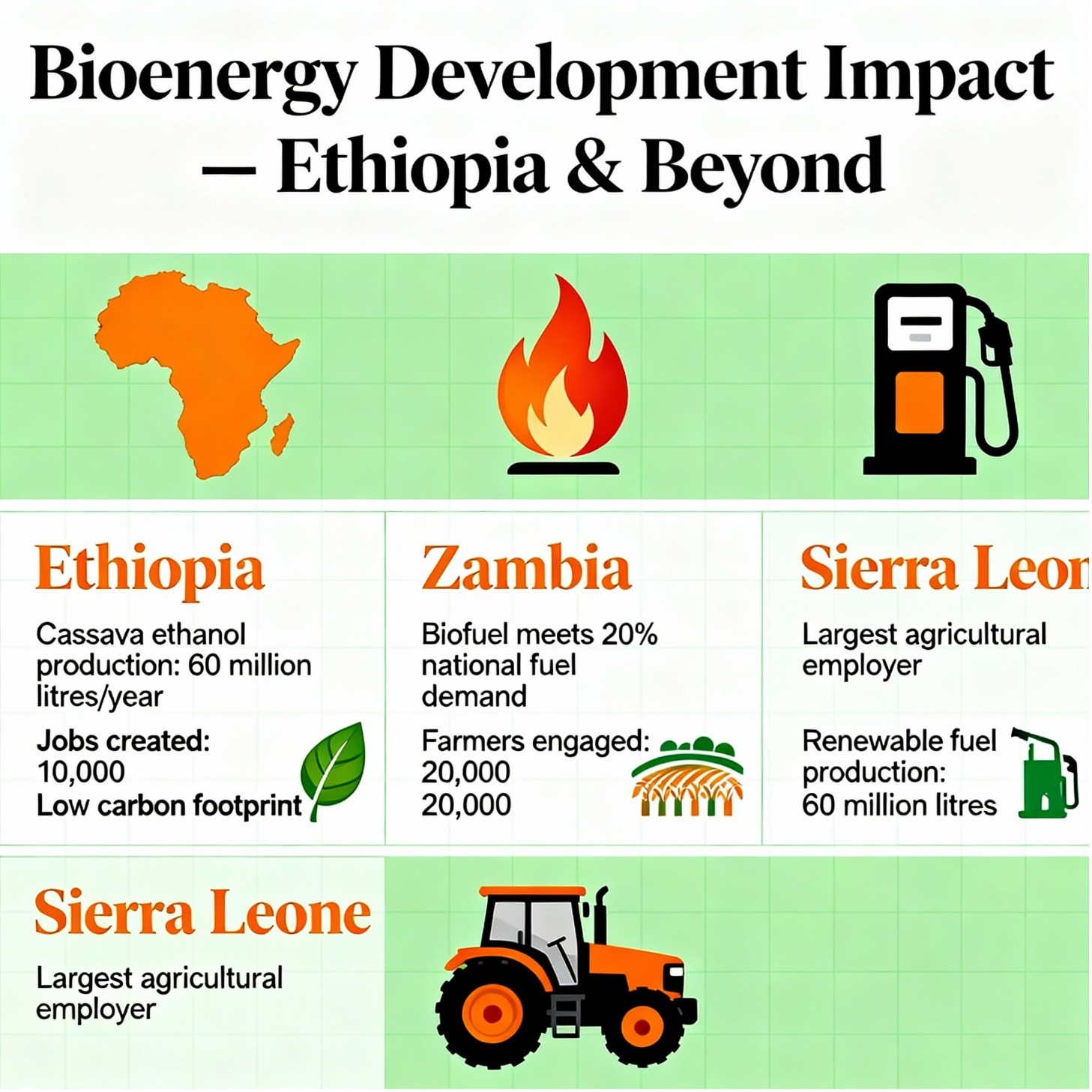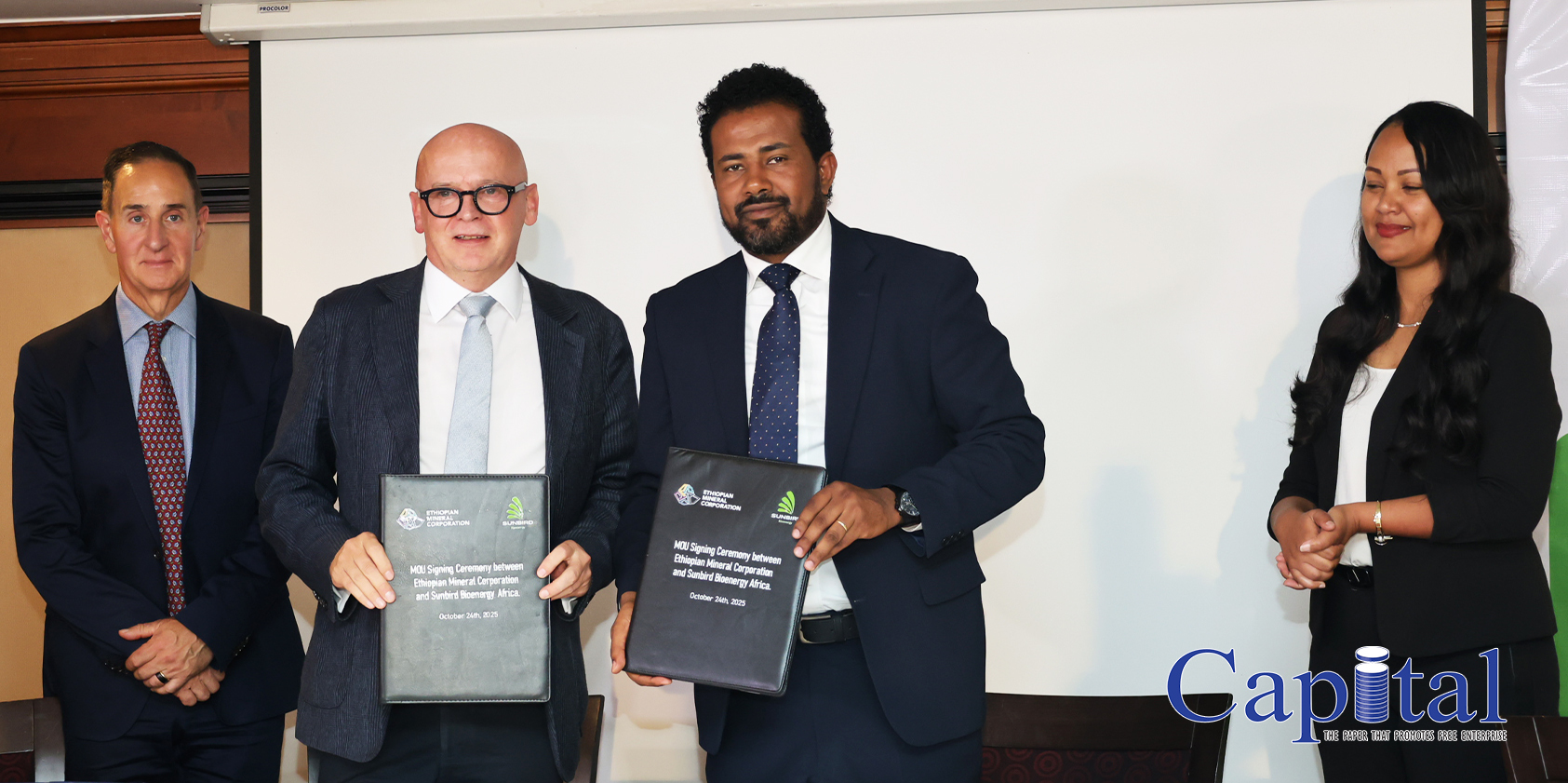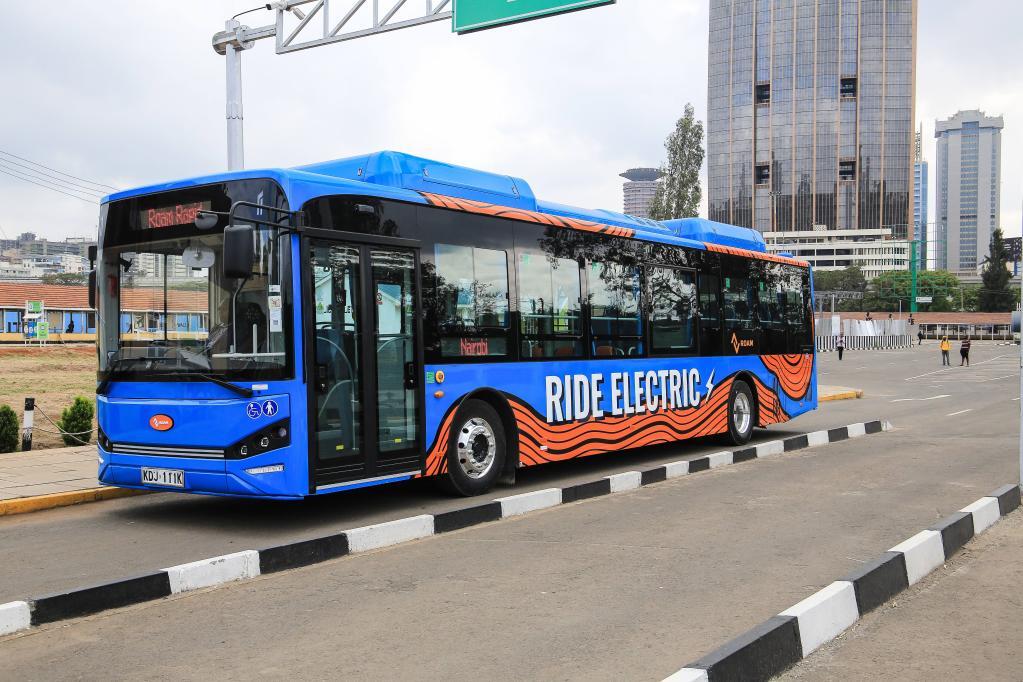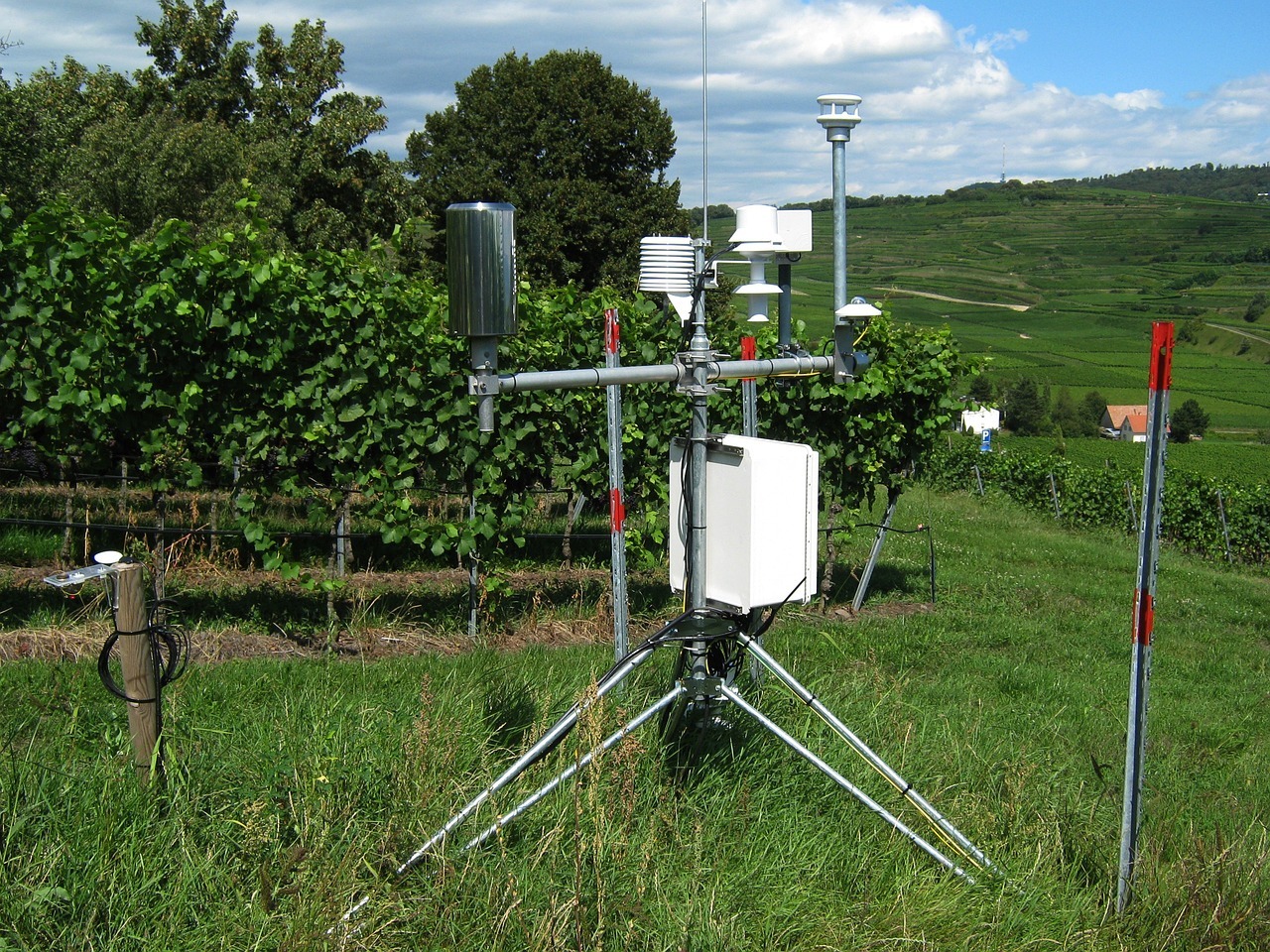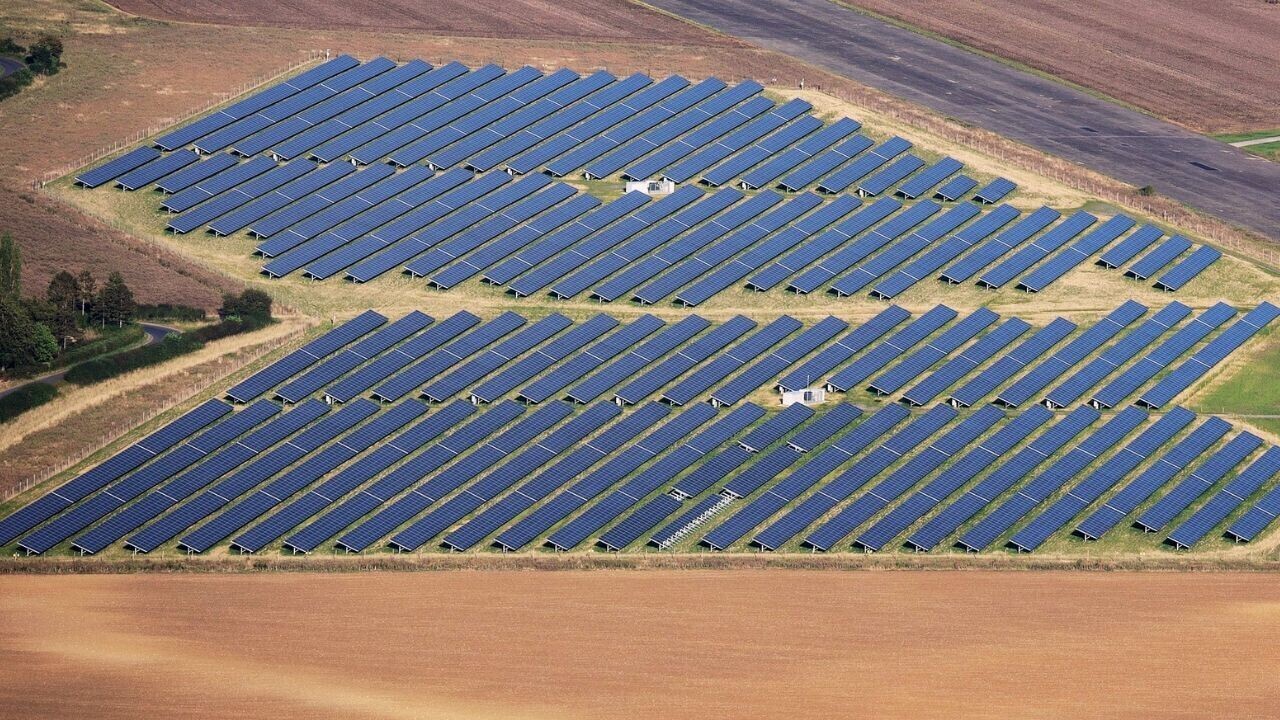Leading bioenergy developers are urging African governments to secure long-term policy stability, particularly around feedstock supply and biofuel mandates, to realise the continent's vast green energy potential.
During a landmark partnership signing between Ethiopian Mineral Corporation (EMC) and Sunbird Bioenergy Africa, leaders highlighted the vital role of supportive policy frameworks and government backing to attract needed private investment into Africa's sustainable energy transition.
The Green Growth Opportunity
Africa stands at an intersection for renewable energy transformation as bioenergy developers unite to call for enduring policy support across the continent.
At the recent signing between EMC and Sunbird Bioenergy Africa, stakeholders identified critical gaps, such as inconsistent policy, feedstock supply risks, and weak biofuel blending mandates, which are potential threats to stall developmental progress.
"Our vision is clear...transform Ethiopia into a beacon of green prosperity powered by clean energy,"
said EMC's CEO, Tewodros Getachew.
Bioenergy Models Building Real Impact
Sunbird Africa's three-pronged model includes the supply of feedstock from farms, biorefinery throughput, and local fuel distribution, which are expected to drive job creation and rural incomes.
The Ethiopia partnership's first phase leverages 10,000 hectares for 60 million litres of ethanol annually, which could boost opportunities for smallholder farmers.
| Company | Project Focus | Outcomes | Scale of Impact |
| Sunbird Bioenergy | Cassava Ethanol, Zambia | 20% of national fuel, 500 jobs, 20,000 farmers | Sierra Leone: 60m liters/yr |
| EMC x Sunbird | Ethiopian Ethanol | E10 standard, 10,000 farmers | Feasibility for Aviation Fuel |
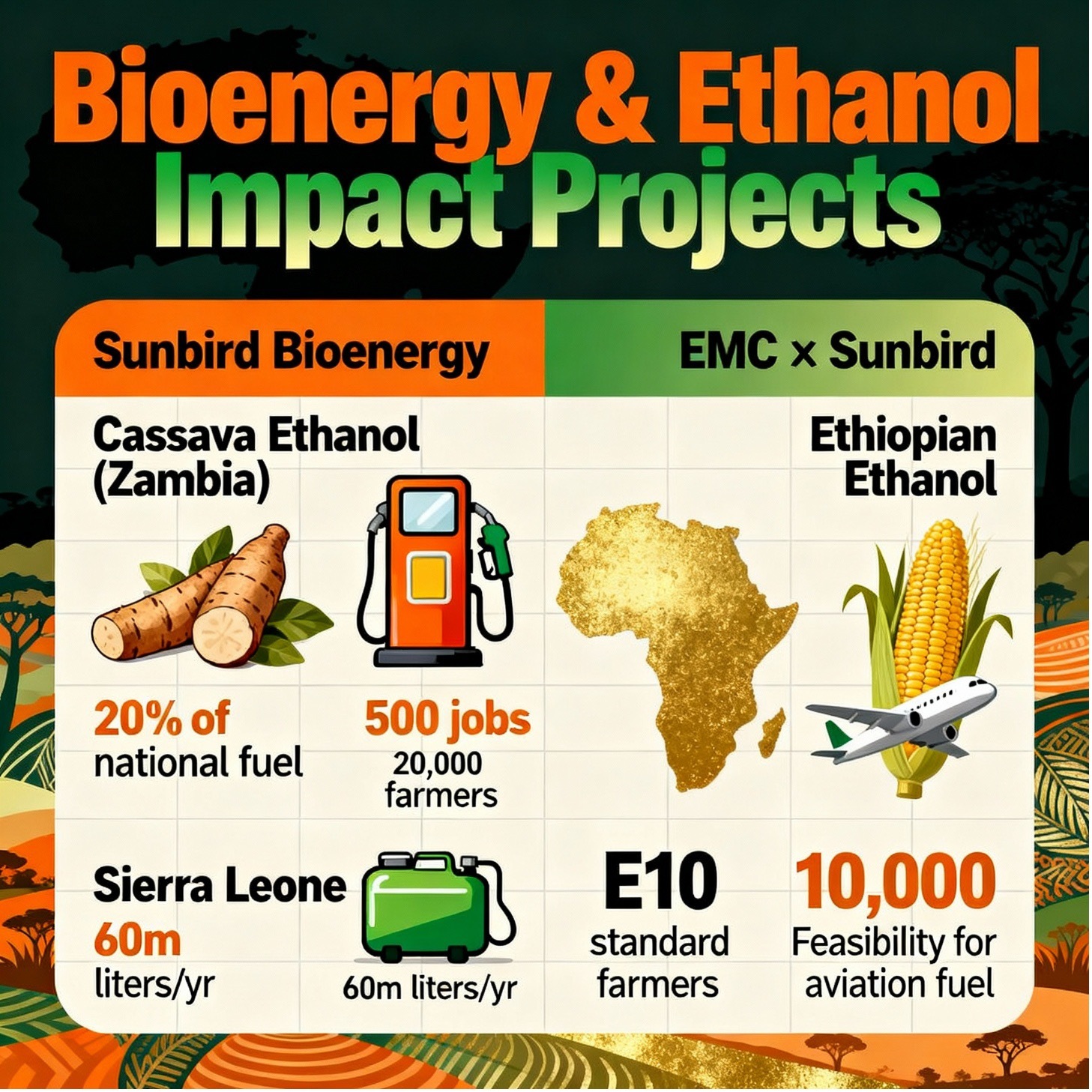
Why Policy Stability Matters
African governments are urged to protect feedstock supply chains and incentivise biofuel blending.
"Stop spending money in other countries. Buy from your local farmers," stresses Sunbird CEO Richard Bennett, affirming local economies and climate goals can advance together.
| Policy Area | Current Status | Desired Reforms |
| Raw Material Supply | Policy Exists | Expanded, Long-Term Guarantees |
| Biofuel Blending Mandates | Partial Compliance | Universal Enforcement |
| Private Investment | Authorized | Easier Market Entry |
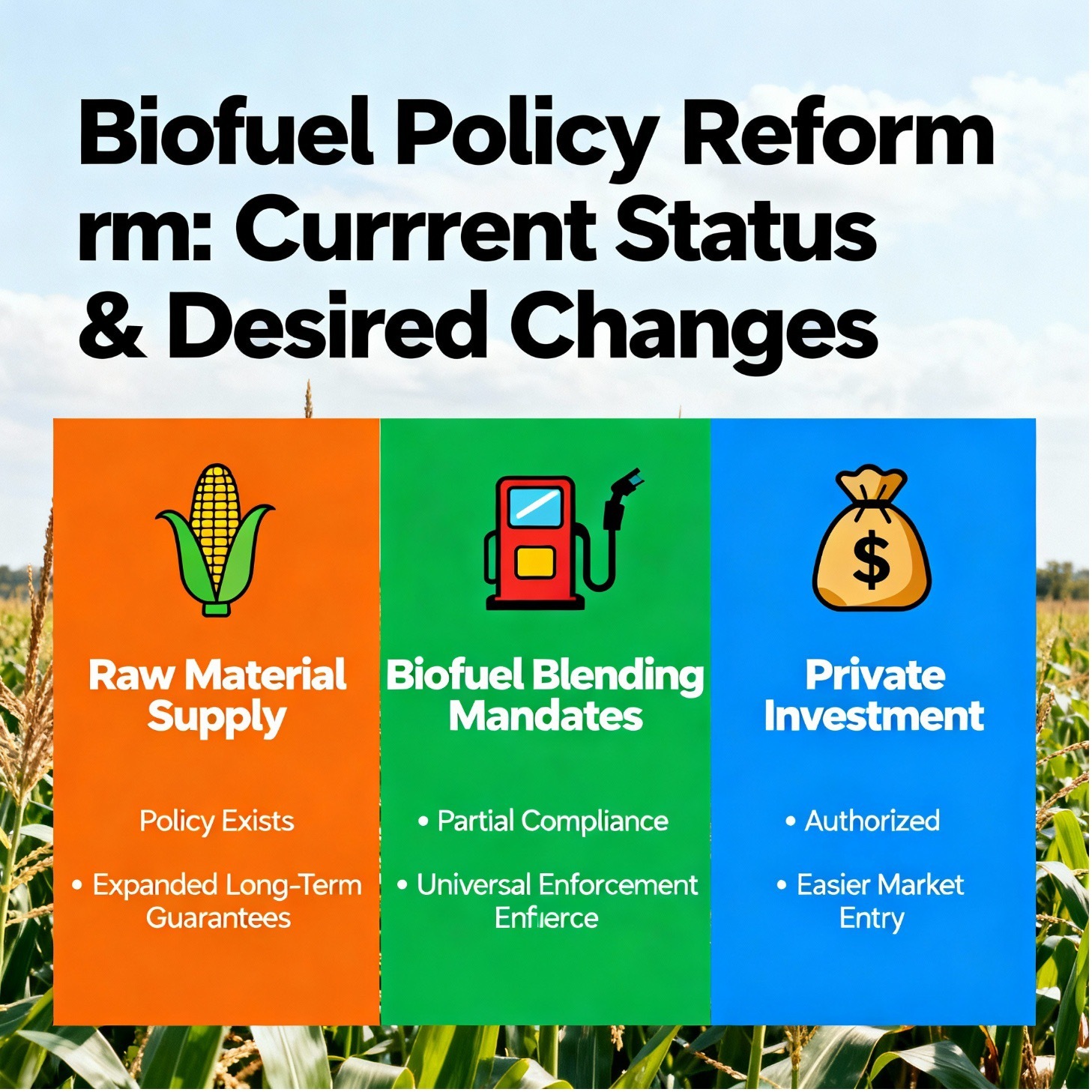
Commitments and Next Steps
EMC and Sunbird will ramp up cassava ethanol for clean cooking, targeting E10 transport standards.
A feasibility study is underway for 40 million litres of sustainable aviation fuel annually.
Both parties advocate government investment in infrastructure, farmer capacity-building, and regulatory certainty.
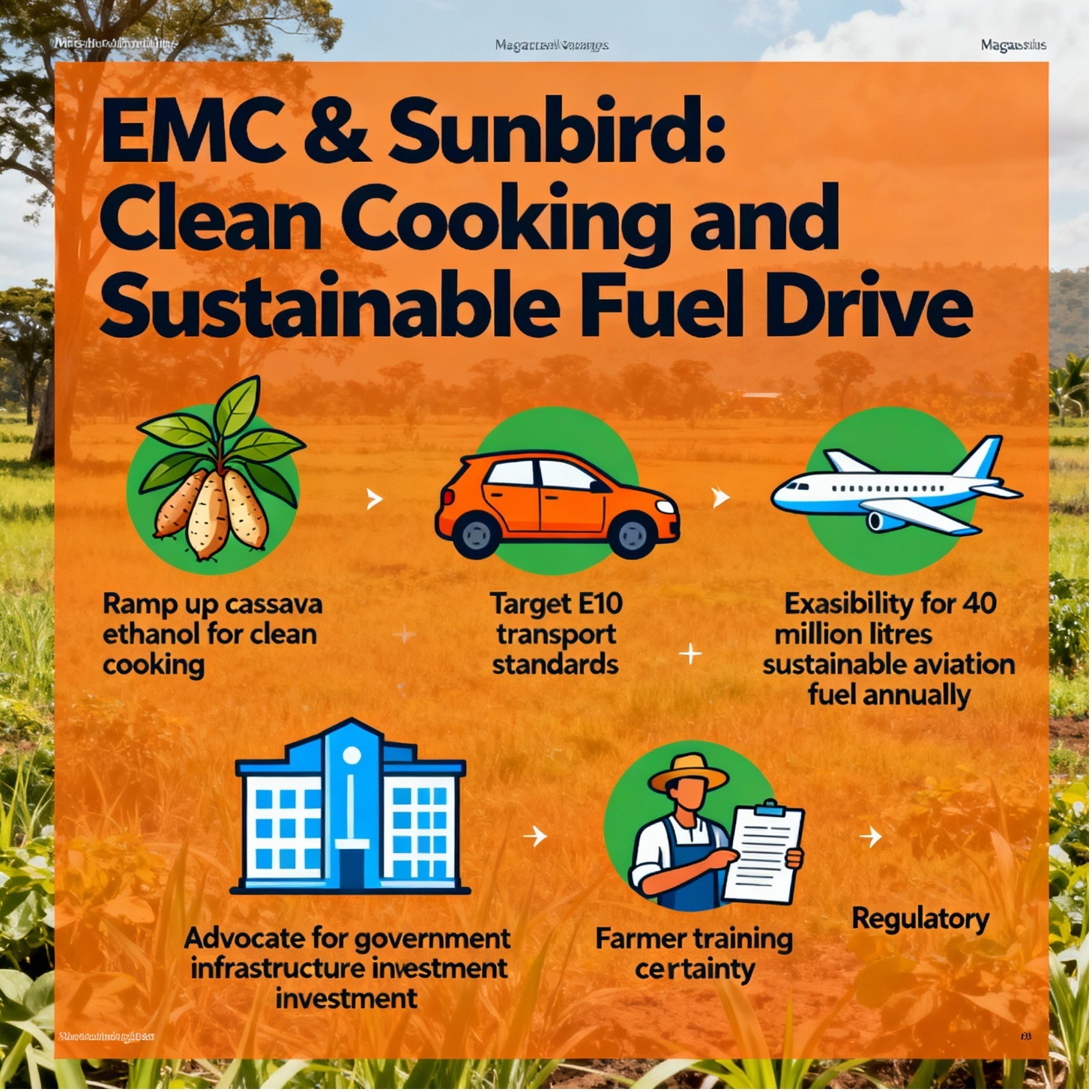
Path Forward – Knowledge and Advocacy
are Key Priorities:
- Ensure long-term policy certainty for feedstock and blending mandates.
- Support farmer training and local supply chains.
- Fast-track bioethanol projects targeting clean transport and cooking.
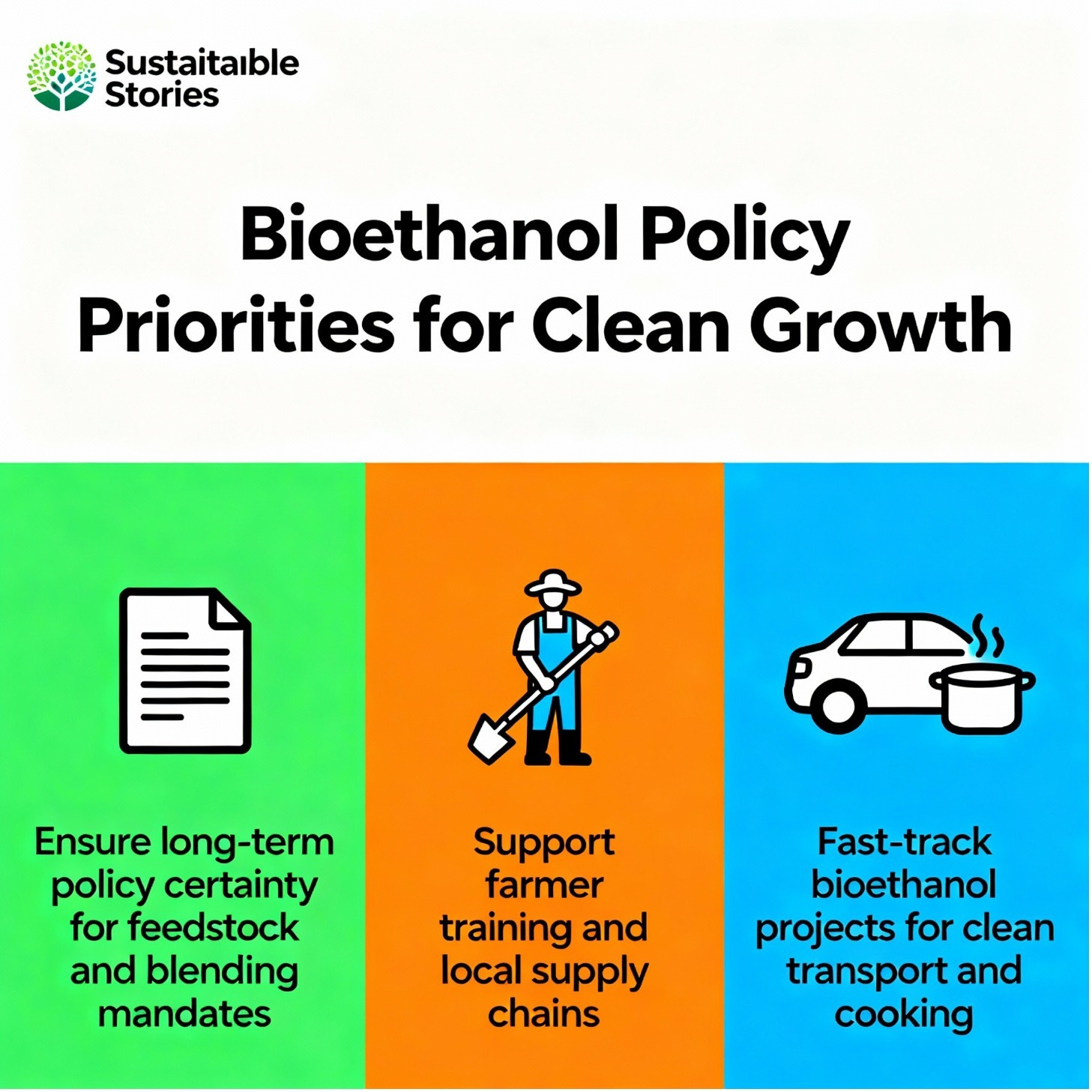
African leaders are urging decisive government reforms to accelerate the continent's green transition. They highlight the urgency of enforcing blended finance mandates and simplifying market entry for innovators.
Strategic funding models, they argue, could unlock equitable growth and position Africa as a frontrunner in global green investment and sustainable development.
Infographic: Bioenergy Development Impact – Ethiopia & Beyond
- Cassava Ethanol, Ethiopia: 60 million litres per year, 10,000 jobs, low carbon footprint
- Biofuel, Zambia: 20% national fuel demand, 20,000 farmers engaged
- Sierra Leone: largest agri-employer, 60 million litres of renewable fuel
